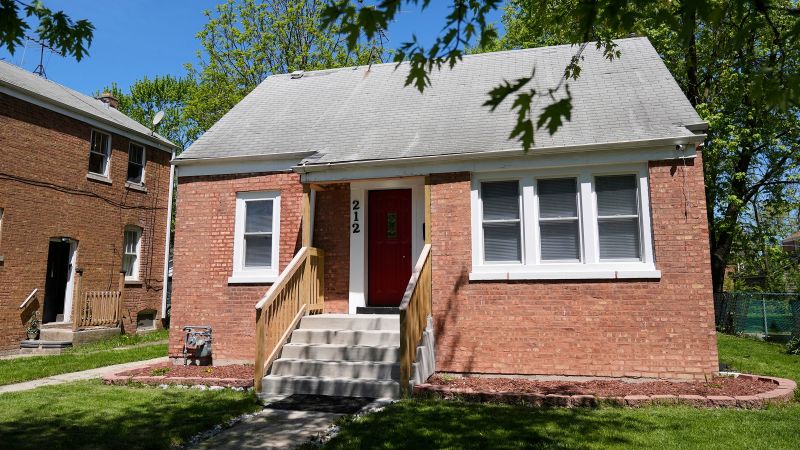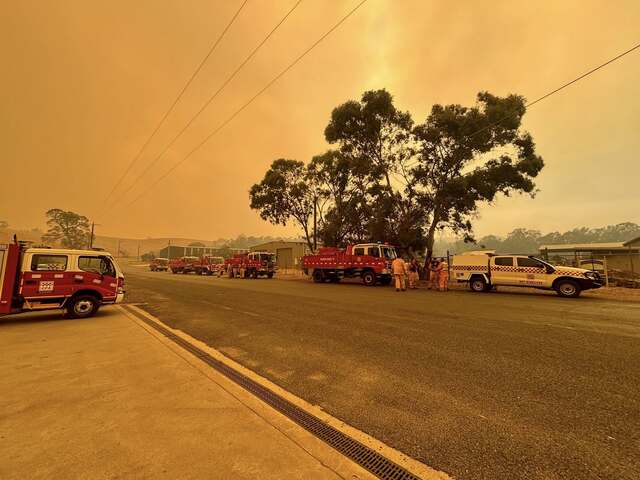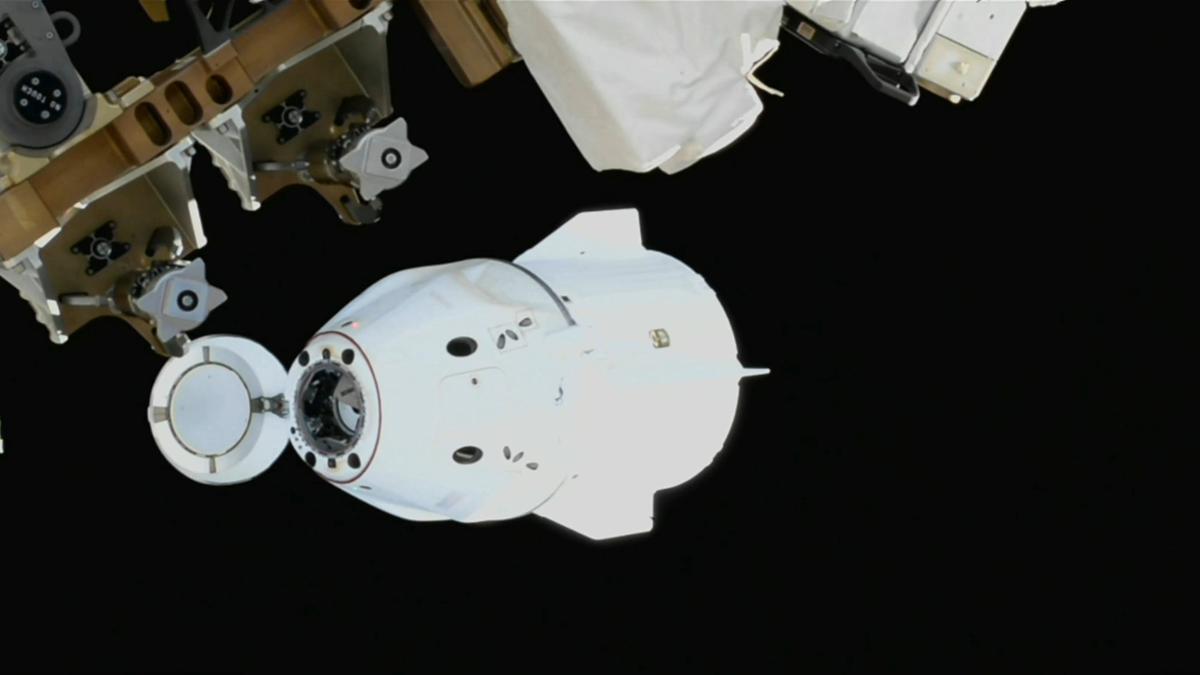
A village in Chicago’s south suburbs is poised to purchase the childhood home of Pope Leo XIV following a unanimous vote by its board on Tuesday. The small, two-story house located on E. 142nd Place in Dolton, Illinois, approximately 20 miles south of Chicago, has gained national attention since Leo’s election as the first American pope in May. The decision has drawn visitors and piqued the interest of those curious about the leader’s early life.
Known formerly as Cardinal Robert Prevost, Pope Leo XIV’s election was a historic moment that surprised many in the United States. Chicago Mayor Brandon Johnson hailed the election as “one of the biggest moments in the modern history of our city.” Born in Chicago in 1955, Prevost earned a bachelor’s degree in mathematics from Villanova University and later received a diploma in theology from the Catholic Theological Union of Chicago. His career included decades as a missionary, notably spending 20 years in Peru where he became a naturalized citizen and served as a bishop.
Dolton’s Strategic Move
Members of the Dolton Village Board described the acquisition of the pope’s childhood home as a “once-in-a-lifetime opportunity.” By taking control of the property, the board aims to preserve its historical significance and leverage it for community development. “We can either seize this moment and move it forward, or we can let that moment go to an investor,” Dolton Mayor Jason House stated during the board meeting. He emphasized that the purchase could enable Dolton to re-evaluate enterprise and historic land zones, potentially attracting “state and congressional funds” to the town.
Other trustees echoed the mayor’s sentiments, citing the economic benefits that historic sites like the homes of Michael Jackson and Martin Luther King have brought to their respective communities. However, the decision has not been without controversy. Some residents have expressed concerns about the financial implications and the impact on local infrastructure.
Community Concerns and Economic Potential
Longtime Dolton resident Mary Avent voiced her apprehensions to CNN affiliate WBBM, questioning whether the village has the financial resources to support the purchase. “Purchasing the pope’s house is admirable,” Avent said, “but with the state we’re in right now, I guess my concern is, do we have the money?” Avent highlighted the absence of a police and fire chief in Dolton as more pressing issues.
Trustee Edward Steave acknowledged these concerns during the meeting but assured residents that the board could address both the purchase and community needs simultaneously. “We can do this great thing at the same time,” Steave asserted, emphasizing the potential for positive outcomes from the acquisition.
Next Steps and Future Implications
The sale of the property is expected to close within the next two weeks, according to Mayor House. Meanwhile, photos shared on the village’s Facebook page show workers conducting repairs on the roof of the pope’s house, though it remains unclear if these are directed by the town. CNN has reached out to the Dolton Village Board for further clarification.
This development represents a significant opportunity for Dolton, not only to honor a notable figure from its community but also to potentially stimulate economic growth. As the village navigates the complexities of this acquisition, the balance between preserving history and addressing current community needs will be crucial. The outcome of this purchase could set a precedent for how small towns leverage historical landmarks for broader benefits.







